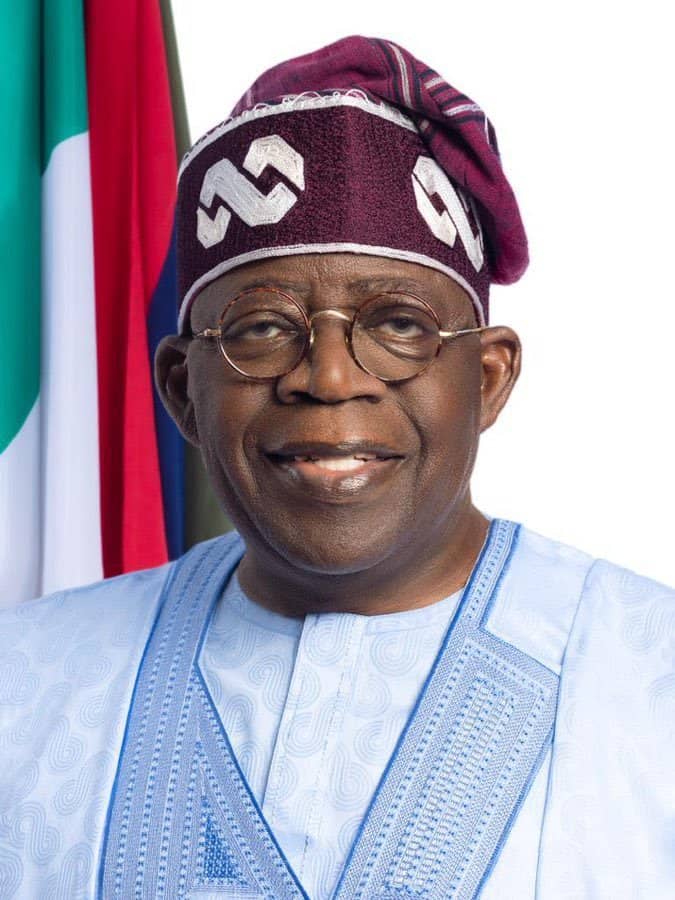- As Kachikwu assures : We’ll increase oil production for domestic use
At least 3,000 barrels of crude oil have been spilled in an Amazonian region after leaks from Peru’s main oil pipeline, the state oil company said.
The oil has polluted two rivers that at least eight indigenous communities rely on for water, the government and indigenous leaders said.
Petroperu has promised a full clean-up and is also providing food and water.
The company said the first leak was triggered by a landslide but the cause of the second rupture was unclear.
The oil has poured into the Chiriaco and Morona rivers in northwestern Peru, the government’s environment watchdog, OEFA, said.
The spill is affecting the Achuar community and heavy rains have hampered efforts to contain it, local indigenous leader Edwin Montenegro said.
Peru’s health ministry has declared a water quality emergency in five districts and OEFA officials said Petroperu could face fines of up to $17m (£12m) if the spills were found to have affected local people’s health.
In a statement, OEFA said the spills were “not isolated cases” and ordered the company to replace parts of the pipeline and improve maintenance.
Petroperu president German Velasquez also denied reports the company had paid children to clean up the thick sludge.
However, Mr Velasquez said he was considering firing four company officials, one of whom may have allowed children to collect oil.
The company was evaluating the 1970s-built pipeline to prevent future spills, he said.
The leaks have stopped the transportation of up to 6,000 barrels of oil a day.
In the meantime, Nigeria will keep striving to increase crude oil production to meet local demand and not to essentially sell it in the international market, the Minister of State for Petroleum Resources and Group Managing Director of the Nigerian National Petroleum Corporation, Dr. Ibe Kachikwu, has said.
Kachikwu also announced Nigeria’s backing of Saudi Arabia and Russia in freezing oil production, while giving Iran and Iraq a way out to regain some of their lost market shares due to sanctions and war.
The minister said he supported a production freeze in an interview with reporters in Doha, Qatar on Sunday, according to a report by Bloomberg.
Kachikwu stated that Nigeria’s oil production would be 2.2 million barrels a day this month, unchanged from January, he said.
“Nigeria will continue to look at the possibility of increasing production, not to sell it, because we have local consumption that is essential for us. Right now, we are not even exporting the quantity that OPEC has given us,” he said, adding that demand from domestic refineries was at least 500,000 barrels of crude oil a day.
On Nigeria’s backing of a freeze in oil production, Kachikwu said, “Countries like Iran and Iraq have been out of the market for a while, and if they are to come back, you shouldn’t freeze them out where they are; you should freeze them at a higher level. By June, we will come very close to tightening the market.”
Saudi Arabia, Russia, Venezuela and Qatar agreed last week to keep production at January levels, as long as others followed suit, in an effort to revive prices from a 12-year low.
Iran’s production has slumped since international sanctions were imposed on its exports, and Iraq is seeking to rebuild following years of war and underinvestment.
Kachikwu noted that there was little chance that the Organisation of Petroleum Exporting Countries would hold an emergency meeting before the next regular one scheduled for June.
He said, “Rather than focus on an emergency meeting, we need to talk more. Because if you held a meeting when you haven’t agreed largely on the solution, it wouldn’t be productive and would also affect the price of oil.”
In another development, the NNPC said it was not recruiting and called on members of the public to be wary of fraudsters sending letters to unsuspecting individuals inviting them for “the second process of recruitment” billed to hold towards the end of this month.
BBC with additional report from Upshot















